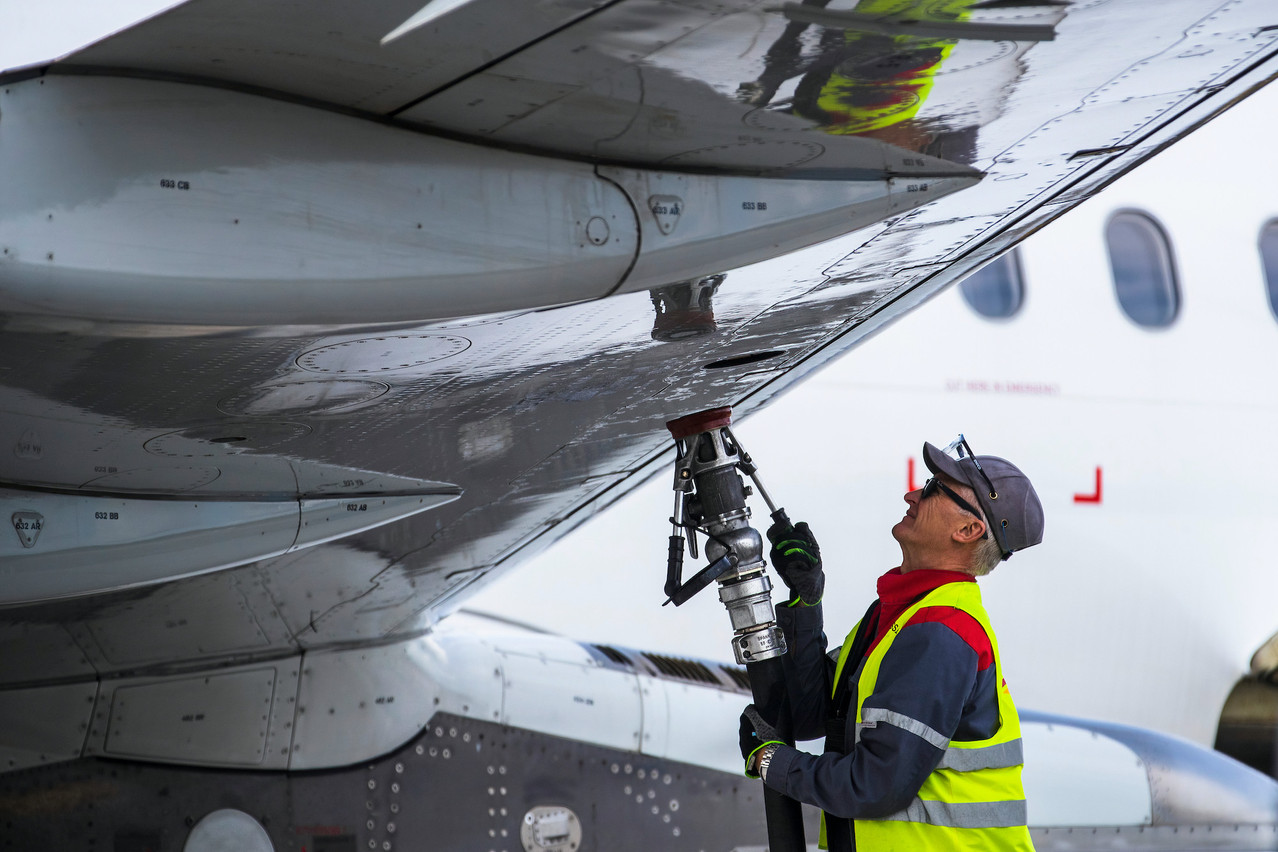Knowing that the cost of jet fuel varies from 20% of the total ticket price at traditional airlines to 35% for low-cost airlines, what increases in ticket prices can customers face when the cost of jet fuel rises?
“The price of a flight itself cannot vary” after booking, says Jean-Loup Stradella, a lawyer at the European Consumer Centre Luxembourg. As a result, it is up to the airlines to organise themselves in advance.
Last year, Air France-KLM hedged 82% of its fuel, which enabled it to have it at €619 per tonne compared with the discounted price of €676, resulting in savings of €300 million. Aviation companies do not approach the situation in the same manner, because some business models cannot cope with having cash blocked on fuel without knowing if they will fill their planes or if they will even fly. Considering covid-19, this is no small matter.
A variation of up to 20 days
But what applies to a simple flight does not apply to a package tour. “When you book with services for the same trip--flight, accommodation, catering and even other activities--the price of the trip can vary up to 20 days before your departure,” explains Stradella, the consumer rights lawyer. “If the variation is more than 8%, you can cancel without charge... but you will be 20 days away from your holiday and you will have nothing in your hands.”
8% of a €3,000 package represents an additional cost of €240, or €400 on a €5,000 package.
If the increase is less than 8% of the departure total, the traveller can also cancel, but it is up to the traveller to take the financial hit for the cancellation, which varies according to when the traveller cancels. A few days before departure, the traveller may lose all their money.
And less than 20 days before departure, the tour operator can no longer change the price. In France, the deadline is 30 days.
Luxair CEO Gilles Feith in a tweet said that the group’s LuxairTours operator does not change prices after booking.
Increased tickets and insurance
Many travel blogs mention the strategies used by travel specialists to cover themselves or to get around the measures, such as increasing the price of the package from the outset in the hope of offsetting the announced increase in the cost of fuel, for example. Like Tui, which has the price of shorter flights to Spain, Turkey and Morocco, by an average of €20. For longer flights, to the Caribbean or Mexico, for example, the amount increases to €350 for a family with two children.
Since January, Tui has launched an insurance product, the Fuel Protection Program, which allows customers to avoid additional costs for a fee of €150. As with any insurance contract, it is wise to check the list of destinations that are not covered by this insurance: Athens, Colombo, Denpasar, Dubai, Lisbon, Malé, Malta, Mauritius, Muscat, Phuket and Zanzibar this summer, and Malé, Phuket, Mauritius, Colombo, Denpasar, Muscat and Dubai this winter, according to Tui’s .
Originally published in French by and translated for Delano
